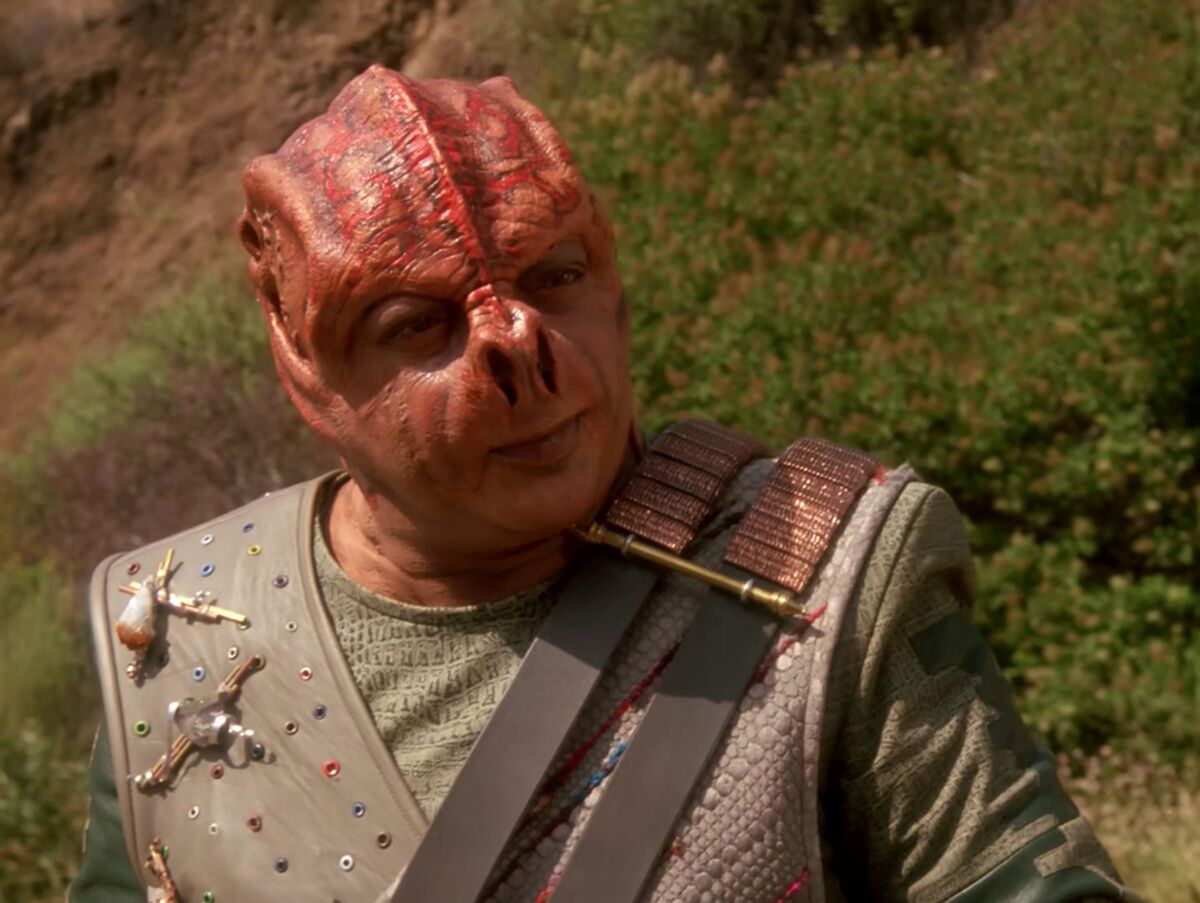Just about any sentence can have an implication of narrative in the sense you suggest. I mean, if I say "It was raining", and last night you watched the Daredevil film, then your mind might turn to Matt Murdock seeing Electra's face in the rain.
But that doesn't mean the assertion is an implied narrative about superheroes and their broken hearts!
In the context of JRRT, he actually
does use a lot of implied narrative, but not simply by producing self-standing sentences. For instance, at one point Aragorn (? I think it is) refer to "the cats of Queen Beruthiel". I haven't gone back to find my book, but the internet gives me this quote, which seems right in my memory:
He is surer of finding the way home in a blind night than the cats of Queen Berúthiel.
Now
that has an implied narrative: a Queen, with cats who wander at night, but always find their way home. And JRRT does this a lot - with Earendil (a mariner, who tarried in <I can't remember where>, but we get the idea of a somewhat hesitant saviour, which is a common and powerful trope); with the White Tree in Minas Tirith; etc, etc.
I think that you are correct in post 624 to say that, in the context of a RPG, this sort of thing is setting backstory. An interesting question, in RPG play, is *who gets to flesh out the implications?" Compare, in this respect, orthodox Burning Wheel compared to orthodox AD&D.
Where "neotrad" is expected to fall, in this respect, is not clear to me, but I think probably closer to AD&D unless the backstory is fairly intimately connected to a player's character.

